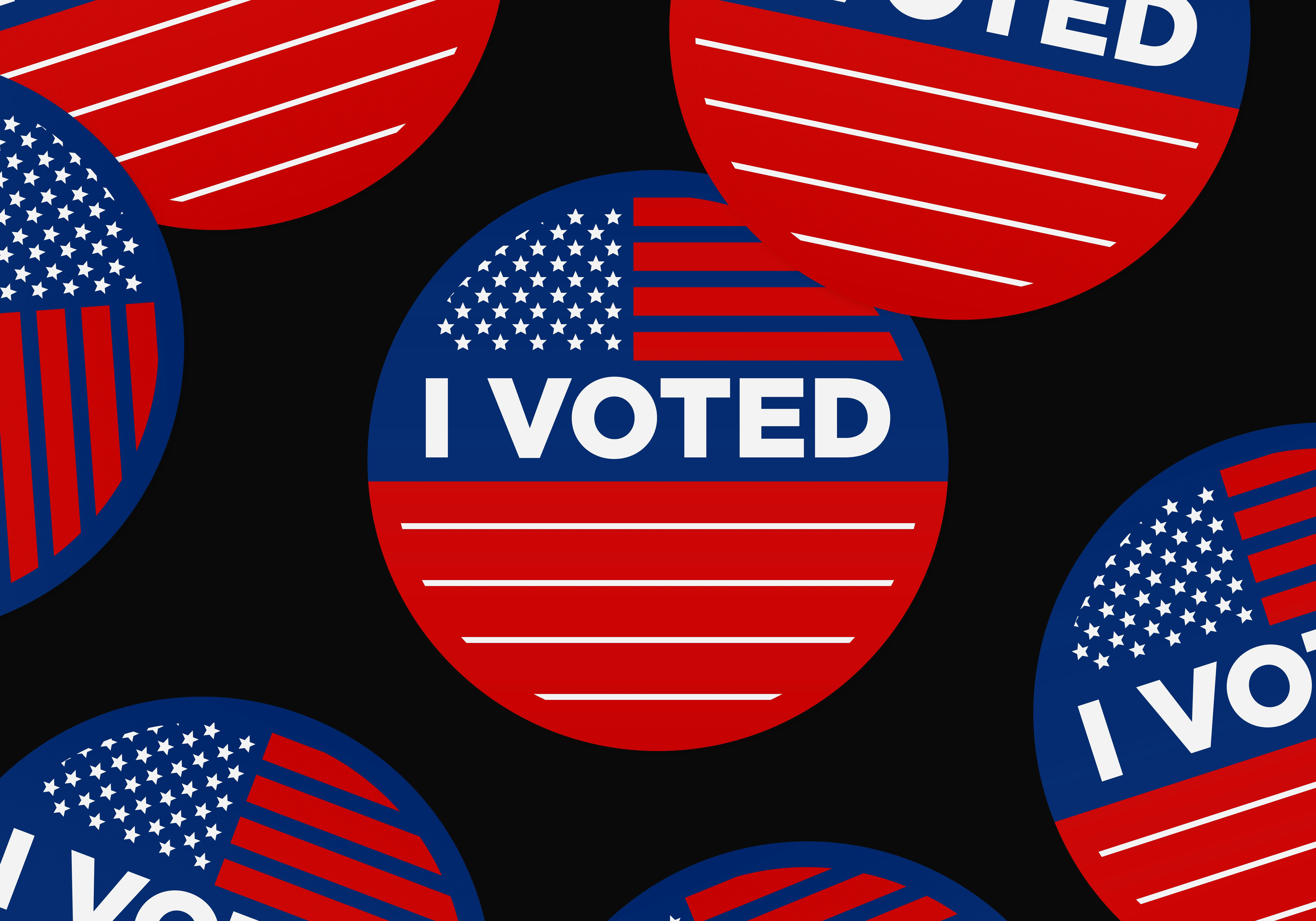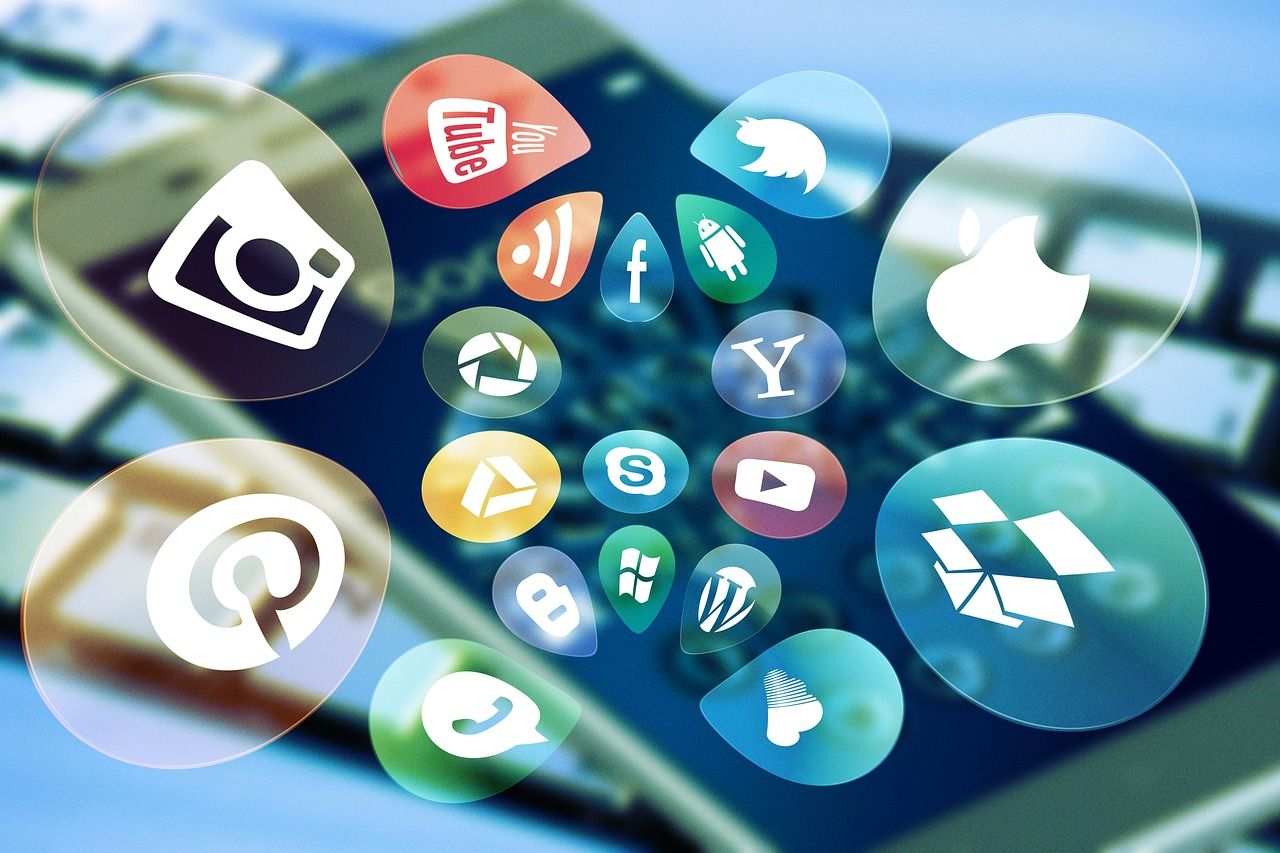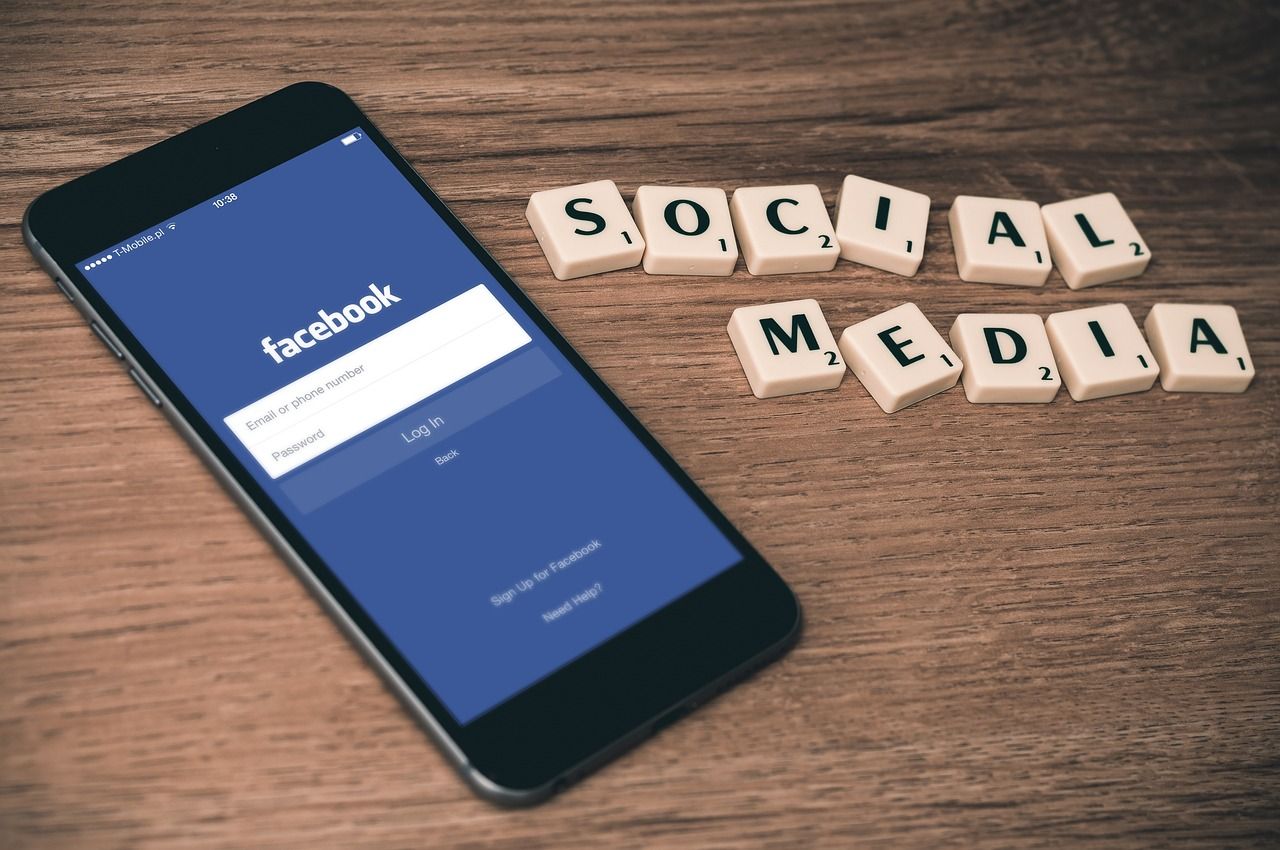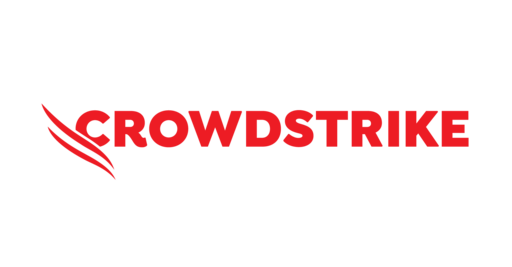The political influence and power wielded by major social media companies like Facebook, Twitter, and TikTok has become an increasingly contentious issue in recent years. The question of whether these platforms have too much sway over politics is a complex one with valid arguments on both sides. In short, the answer is yes, social media companies do have significant political power, which has been demonstrated through their ability to shape narratives, enforce content moderation policies, and directly impact political campaigns and public discourse. However, the extent and implications of this power are widely debated.
2024 Election and Political Campaigns

Photo from: Unsplash
Looking at the upcoming 2024 US presidential election, it's clear that both Donald Trump and Joe Biden are leveraging social media as a key campaign tool to reach voters and drive messaging. Trump's presence on Truth Social gives him a direct line to his base of supporters, allowing him to bypass mainstream media filters and rally his followers with fiery rhetoric. Biden's campaign has taken a more conventional approach, using platforms like Twitter, Facebook, and Instagram to amplify official communications and ads promoting his candidacy.
The role of social media in political campaigning has grown exponentially since the 2016 election cycle. Campaigns can now precision-target voters with custom messaging based on detailed personal data profiles. They can also harness the viral potential of social platforms to spark grassroots engagement and distribute controversial or misleading content aimed at riling up supporters.
The banning of Trump from mainstream platforms like Twitter and Facebook after the January 6th Capitol attack underscores just how much power these companies wield in terms of shaping the modern media landscape. By revoking Trump's direct communications channels due to concerns over incitements of violence, the tech giants dramatically altered the terrain for how he could run for re-election in 2024.
TikTok Ban and Geoplotical Tensions
The role social media played in the 2024 election cycle is just one high-profile example of these companies flexing their political muscle. On a broader geopolitical scale, the potential ban of TikTok in the US due to national security concerns over its Chinese ownership highlights how social media platforms have become negotiating pieces between nation-states with diverging economic and political interests.
TikTok's content recommendation algorithms and data collection practices have been scrutinized by US officials not just for their implications on individual user privacy, but for how they could be weaponized by an adversarial government like China to subtly push narratives or disinformation that undermines American interests. There are fears the app's system could be co-opted to influence public discourse and opinion in ways that destabilize the US politically and socially.
If the US follows through on threats to ban TikTok over these concerns, it would represent a muscular flexing of regulatory power over the technological sphere. The move could embolden other countries to take similar stances in governing how social apps operate within their borders based on national security priorities. Social media companies would face increasing Balkanization and challenges in running globe-spanning platforms guided by consistent principles.
The Kids Online Safety Act
Social media's political power and status as a legislative priority is further demonstrated by the bipartisan Kids Online Safety Act currently working its way through Congress. This landmark bill would hold social media companies legally accountable for protecting children and teens who use their products from online harms like sexual exploitation, bullying, promotion of addictive behaviors, and exposure to information inappropriate for their age.

Photo from: Unsplash
While well-intentioned, the law has drawn criticism from privacy advocates who argue its provisions could undermine encryption and open legal avenues for expanded government surveillance of online communications far beyond just protecting kids. Nonetheless, the legislation's advancement with support across the political spectrum indicates widespread recognition among policymakers of the immense societal influence these tech companies wield, particularly when it comes to shaping the digital experiences and psychological development of younger generations.
The ubiquity of social media in modern life has given these private businesses an outsized role and responsibility in setting norms and guardrails around acceptable online content and behavior. Their platforms' content recommendation algorithms can powerfully impact what types of information, commercial messages, and ideological viewpoints get amplified or marginalized at a societal scale, making them de facto gatekeepers.
Public Concern Over Social Media's Power
This increased government scrutiny of social media stems from rising public concern over these companies' unchecked power and the potential for misuse of their abilities to control influential communications channels. According to a recent Pew Research survey, 78% of Americans believe social media companies have too much influence over politics, with a fairly even split between Republicans (84%) and Democrats (74%) holding this view across partisan lines.
The same poll found clear majorities of both parties think social media sites intentionally censor political viewpoints they disagree with, pointing to deep public distrust surrounding these companies' content moderation practices. A staggering 93% of Republicans and still 74% of Democrats believe such politically-motivated censorship likely occurs on these platforms.
There was a wider partisan divide, however, on the perception of whether tech companies' own ideological biases favor liberal or conservative viewpoints. 71% of Republicans felt the companies tended to favor liberal views, while only 15% of the overall public held this view about a purported pro-conservative lean. 50% of Democrats claimed they saw the platforms as equal opportunity offenders in terms of ideological skew.
Notably, the poll found Americans overwhelmingly favor increased government regulation of major tech firms, with 51% wanting more oversight versus just 16% preferring less regulation. So while social media companies position themselves as neutral, apolitical conduits for user-generated content and expression, public sentiment runs strongly against this framing of their role.
Most Americans clearly believe social media platforms exert tremendous political power, often perceived to be exercised in a biased, non-transparent manner that warrants heightened scrutiny. Regulatory backlash appears inevitable as the companies struggle to develop cohesive policies and enforcement around acceptable speech and content that both preserves core civic freedoms while mitigating harms and abuses enabled by their technologies' reach and influence.
Examples of Social Media's Political Impact
The Trump Account Bans
Few events galvanized concerns over social media overreach as did the suspension of Donald Trump's accounts by Twitter, Facebook, and other mainstream platforms in the leadup to Biden's inauguration following the January 6 Capitol attack. The companies cited fears Trump would continue using their platforms to incite violence after providing tacit encouragement to the rioters in posts seen as underplaying the severity of their actions and actions.
The moves prompted cheers from those horrified by the Capitol rampage and relief Trump's ability to propagate election misinformation and false claims of a "stolen" election were curtailed. But it also provoked fury among Trump supporters and free speech advocates who saw the bans as unaccountable discrimination against disfavored political viewpoints by powerful private actors.
Content Moderation Policies
While the Trump account bans played out against a dramatic backdrop, tech companies routinely make judgment calls about what user-generated speech to allow or prohibit based on their self-determined community guidelines. Prominent examples include Facebook whistleblowers revealing the company's internal struggles over whether to restrict COVID-19 misinformation that could prove harmful if taken as medical advice.

Photo from: Pixabay
The companies' handling of false or misleading narratives around the 2020 election was also a political flashpoint, as they attempted to walk fine lines in restricting election delegitimization claims by Trump and his supporters without seeming to rig the online environment against a sitting president. These case-by-case content moderation choices inevitably drew cries of anti-conservative bias or political censorship from across the partisan divide.
Recommendation Algorithms and Polarization
Beyond their content policies, social media's core ranking and recommendation algorithms have faced scrutiny over the role they may play in increasing political polarization and animosity by amplifying extreme or inflammatory viewpoints for the sake of driving user engagement.
Critics argue these proprietary systems' economic imperatives to maximize eyeballs and stir emotional reactions created perverse incentives that ended up turbocharging the spread of hyper-partisan rhetoric across the American political landscape during the Trump era. It fueled online communities drifting into increasingly radicalized echo chambers, accelerating a broader breakdown in shared truth and civil discourse.
While the implications remain murky, one thing is certain, today's era-defining public discourse and political campaigns are increasingly inseparable from the social media platforms that host them. Like it or not, corporate behemoths like Meta, Twitter, and Google have become de facto arbiters of online speech and gatekeepers able to confer algorithmic amplification or suppression on viewpoints and information flows.
Whether you consider their outsized influence a positive force for elevating authoritative information or a dire threat to the democratic exchange of ideas likely depends on your politics and perspective. But the high-stakes battles over social media's role and responsibilities demonstrate these platforms are anything but neutral pipes for our public conversations.
Their policies, practices, and corporate decisions around moderating content, deploying recommendation algorithms, and legislating the boundaries of acceptable online discourse and access amount to enormously influential displays of unelected power over modern society's arteries of communication. As both public pressure and government scrutiny mount, 2024 will be another pivotal year in the battle to renegotiate the political power of social media.








